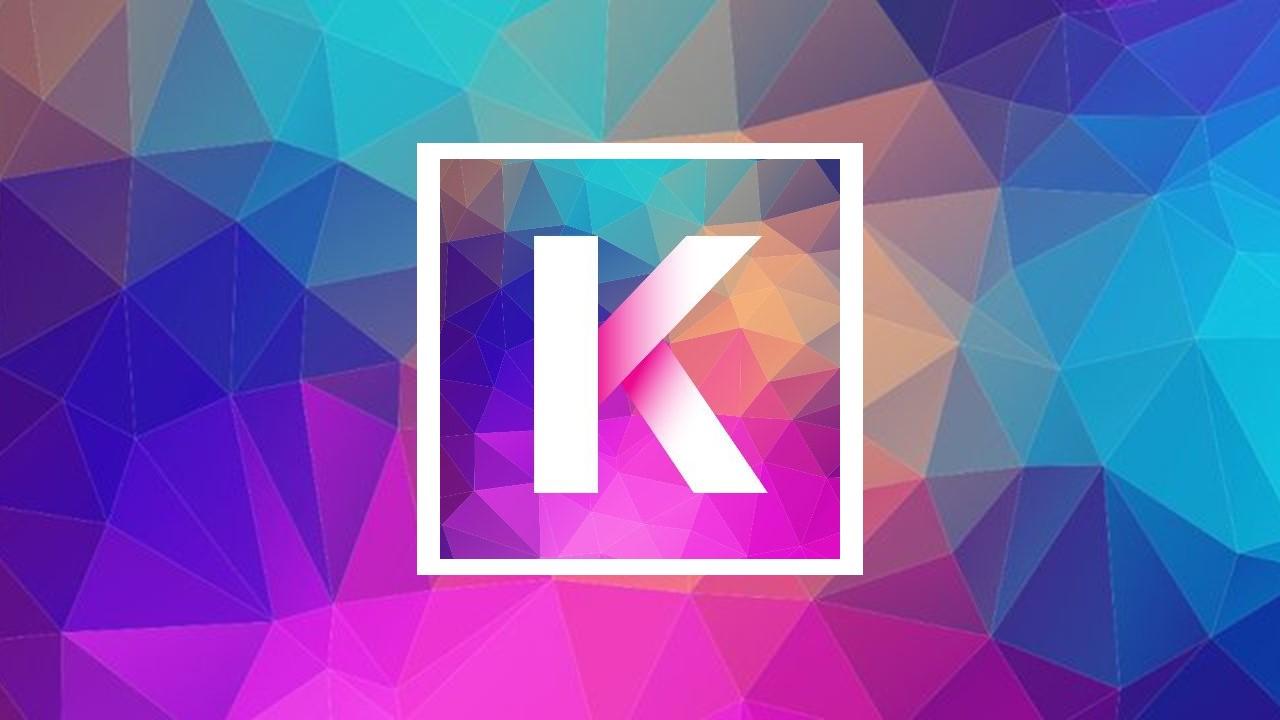
The project says its team has undertaken a "rigorous, multi-stage review" of the code, launched a public build of Devnet, and opened a bug bounty program in partnership with Immunefi to incentivize general improvements to Kaddex.
Kaddex v1
Through Kadena's intertwined chain structure (KDA), Kaddex offers a system of staking and liquidity pooling without gas which “will always remain free”. The project claims that, along with gas-free transactions, Kadena's scalable blockchain will ensure quick and secure settlement.
Since everything, from liquidity to supply, from pricing to swapping, is done entirely on the chain, there is no need for the intervention of oracles outside the chain. Additionally, Kaddex represents the only multi-protocol DEX with native decentralized bridges, meaning users can access value through a single platform.
KDX stakers will earn 0,05% on all swaps that take place on Kaddex, allowing holders to earn passive income while participating in governance.
Indeed, Kaddex's decentralized autonomous organization (DAO), which focuses on ecosystem development, plays a key role in controlling the parameters of individual pools. Its purpose is to establish community ownership of the ecosystem, allowing members to lead the development of the platform.
Liquidity extraction program
A distinctive feature of the newly launched DEX is the implementation of a more modern version of the automatic market maker (AMM) Uniswap v2, using the Pact programming language.
A liquidity extraction function has been added to the code to incentivize users to act as liquidity providers (LPs). Specifically, LPs will have two options: claim 0,25% swap fees or KDX token rewards with a programmatic booster.
In this way, Kaddex's cash extraction program is designed to attract cash through the distribution of native KDX tokens, which the project says will “generate lucrative boosters for early LPs that will decline non-linearly” over time.
The rewards of the network represent 40% of the total offer of KDX, which could increase the activity of the DEX in the long term, ensuring a fair and decentralized distribution for the benefit of the participants. From a cap of 1 billion KDX, Kaddex will distribute 400 million tokens (40%) to liquidity providers. However, Kadena will not mint extra tokens to ensure that the increased rewards “don't go at the expense of KDX holders” when inflation is taken into account.
This means that when users withdraw cash and opt for enhanced KDX rewards, Kaddex smart contracts use the rewards accumulated by participants (funded by 0,25% trading fees) to buy the equivalent value of KDX on the market, and the delta between the standard rewards and the multiplier is coined by the network rewards.
Other noteworthy developments foreseen in the Kadena roadmap include a push towards further public listings in the US and around the world, as well as the development of an infrastructure for the lending platform.
